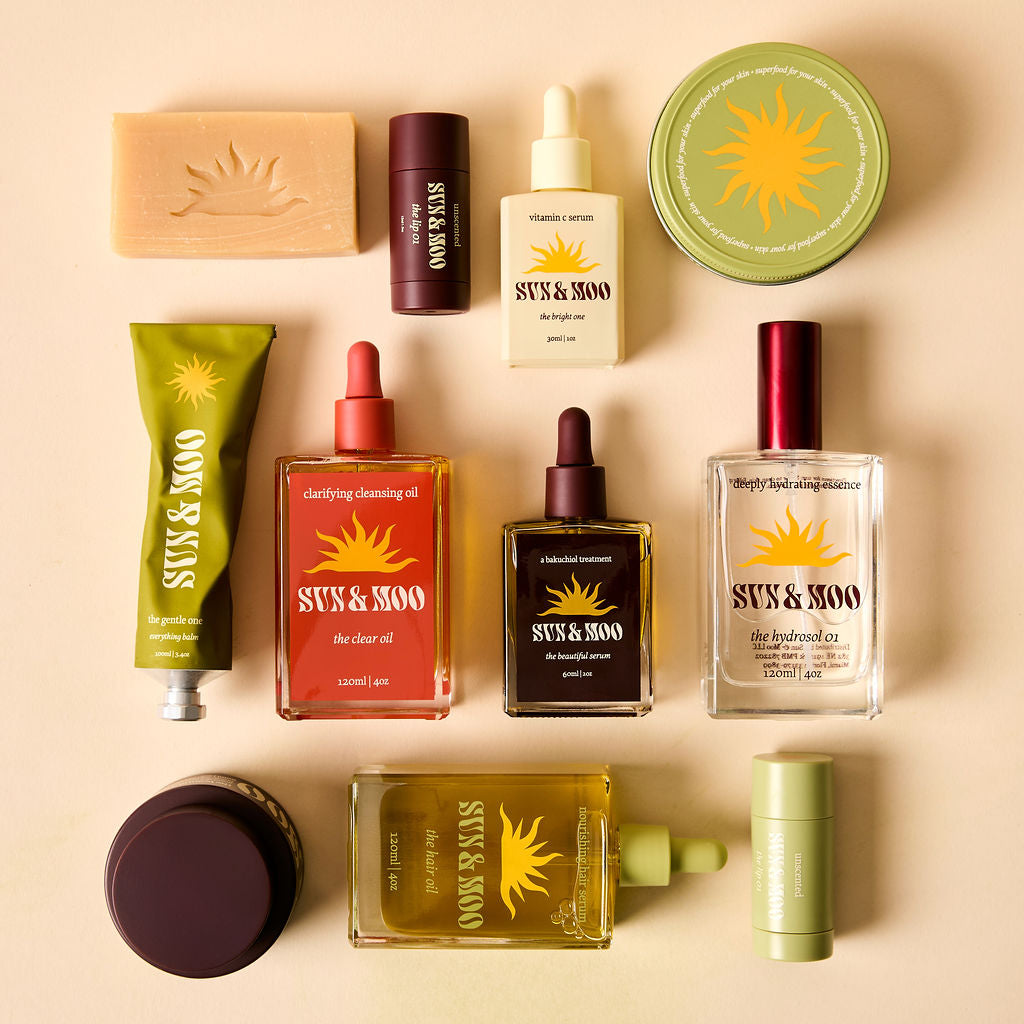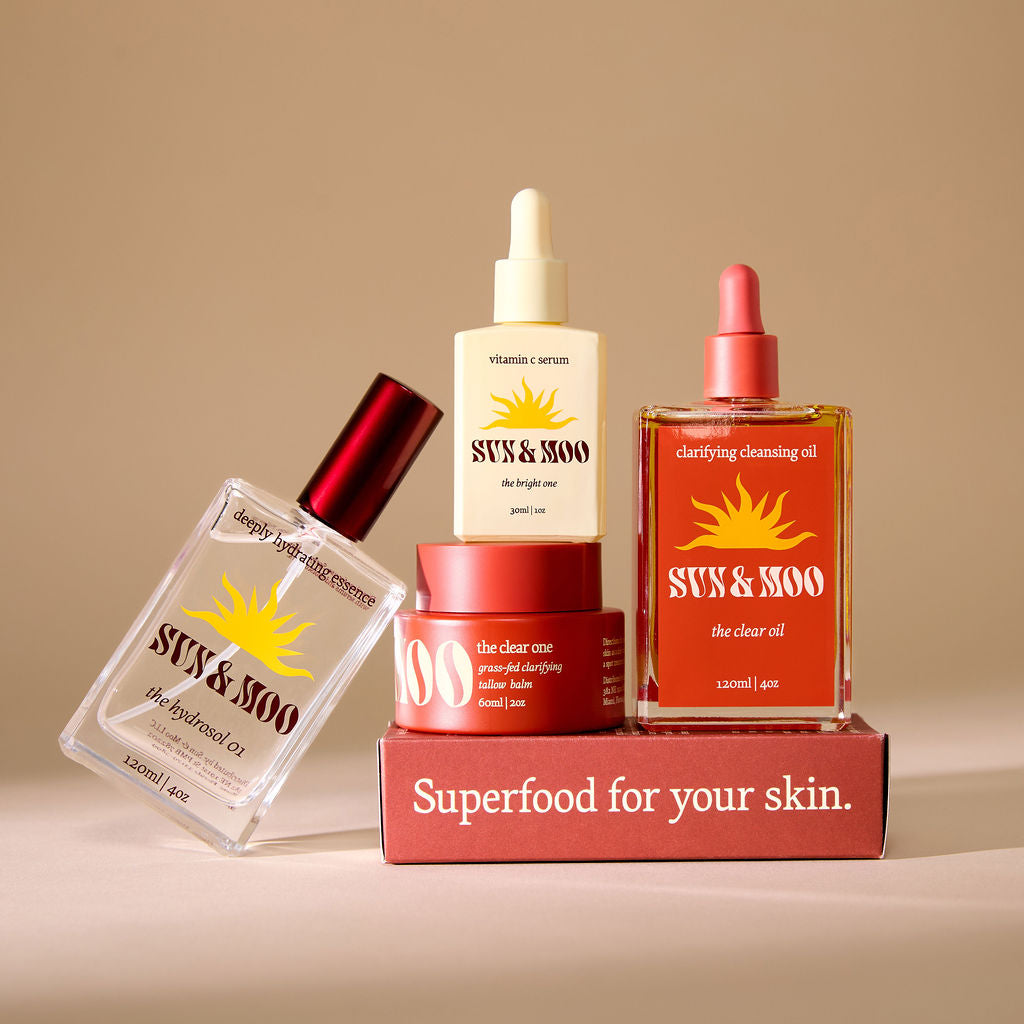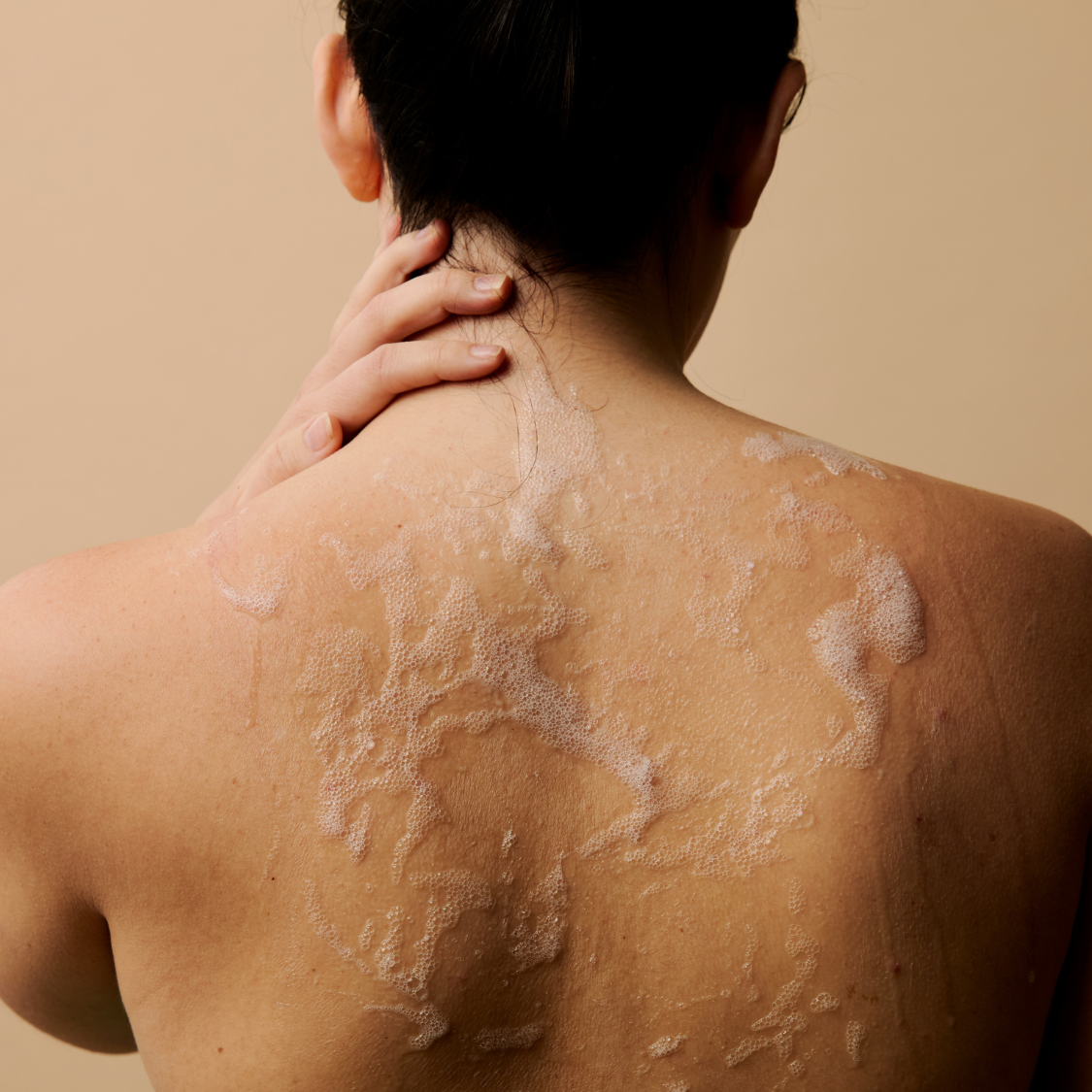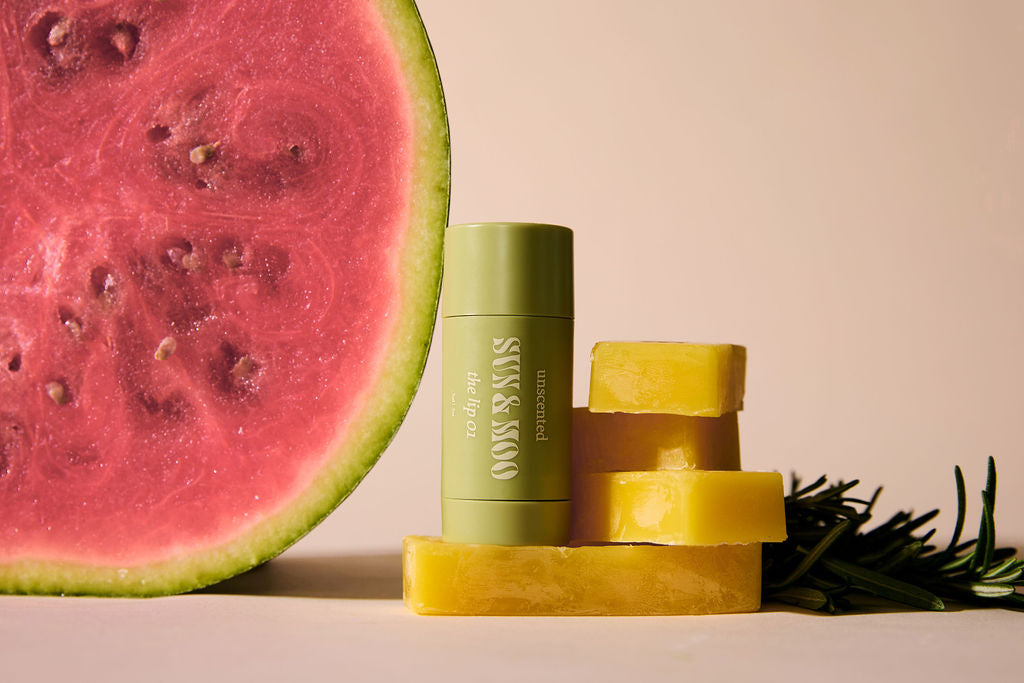When people talk about acne, their focus is usually on the surface of the skin – something that can be fixed with skincare alone, but in reality, acne is a lot more complex, usually both internal and external factors play a role. One of the biggest internal contributors to acne is poor blood sugar regulation and insulin resistance, factors that rarely get attention.
This doesn't mean a skincare routine that is in alignment with your skin type and skin needs can't have a big impact on acne and skin health, it absolutely can, but focusing on the bigger picture (supporting internal AND external factors together at the same time) will have the biggest impact on your skin.
How Blood Sugar Dysregulation Leads to Acne
Blood sugar levels have a strong impact on hormone production and secretion, particularly insulin. When blood sugar levels spike, the pancreas releases insulin into the bloodstream to help the cells absorb glucose – most of the cells in our body use glucose as a primary energy source. However, when blood sugar remains consistently high, insulin levels also stay elevated. This prolonged elevation of insulin can stimulate the production of androgens, like testosterone, in both men and women.
These androgens stimulate the skin to produce more sebum, which when combined with dead skin cells and bacteria can clog pores and lead to acne.
Also, high insulin levels can decrease the production of sex hormone-binding globulin (SHBG), a protein that helps to regulate androgen levels in the bloodstream. This can further exacerbate hormonal imbalance in the body, contributing to more intense acne breakouts.
Insulin Resistance
Cells can become insulin resistant when they are consistently exposed to high levels of insulin. This is typically a result of a diet that is high in refined sugars and carbohydrates, which causes frequent spikes in blood sugar.
Over time, consistent spikes in blood sugar can lead to cells becoming less responsive, or less “sensitive”, to insulin requiring more of it to absorb the same amount of glucose.
This change of cellular responsiveness is the body’s way of protecting itself from the harmful effects of too much glucose entering the cell, but too much insulin in the body has its challenges too (i.e. weight gain, increased risk of type 2 diabetes and heart disease, hormonal imbalances, high blood pressure and acne).
How To Improve Insulin Sensitivity and Blood Sugar Regulation
Improving insulin sensitivity and regulating blood sugar are key strategies for improving skin health and maintaining overall health in general.
Here are some effective ways to enhance insulin sensitivity and keep blood sugar levels stable:
- Focus on eating a macro balanced diet: Eating most of your meals with an adequate balance of proteins, fat, fiber and carbohydrates on the plate will help to prevent blood sugar spikes, especially if you eat the carbohydrates closer to the end of the meal (1,2).
- Move your body after eating: Moving your body for as little as 5-10 minutes after eating (walking, exercising, dancing) can help to prevent blood sugar spikes because your muscles, when activated from the movement, take in free glucose from the bloodstream to use as energy (3).
- Prioritize quality sleep: Poor sleep can lead to insulin resistance and higher blood sugar levels. Aim for 7-9 hours of quality sleep per night. Going to bed and waking up at the same time can also help improve sleep quality (4).
- Manage stress: Chronic stress elevates cortisol levels, which can cause blood sugar to rise, leading to increased insulin production and eventually may contribute to insulin resistance. Focusing on regular physical activity, mindful meditation, deep breathing, getting adequate sleep, eating well and/or talking to loved ones can help manage stress levels (5).
- Vinegar: Consuming 1 tablespoon of apple cider vinegar in a large glass of water before meals can help stabilize blood sugar levels by slowing the rate at which carbohydrates are digested and absorbed into the bloodstream (6).
When it comes to managing acne, there is usually more to it than skincare alone. The best way to improve your skin’s overall health is by focusing on ways to support the skin externally and the body as whole, internally.
Over the last few hundred years, sugar consumption has SKYROCKETED. In the 1700s, sugar consumption was around 4 pounds per person annually. Now, the average American consumes around 60 pounds of added sugar per year!
Our bodies aren’t equipped to handle this much sugar and its really taking a toll on our health and OUR SKIN.
Keeping your blood sugar levels stable will absolutely pay off!
References
- Evaluation of the Effect of Macronutrients Combination on Blood Sugar Levels in Healthy Individuals - PMC (nih.gov)
- Food Order Has a Significant Impact on Postprandial Glucose and Insulin Levels | Diabetes Care | American Diabetes Association (diabetesjournals.org)
- The Role of Exercise in Diabetes - Endotext - NCBI Bookshelf (nih.gov)
- Impact of sleep and sleep loss on glucose homeostasis and appetite regulation - PMC (nih.gov)
- Stress-Induced Diabetes: A Review - PMC (nih.gov)
- Vinegar Consumption Increases Insulin-Stimulated Glucose Uptake by the Forearm Muscle in Humans with Type 2 Diabetes - PMC (nih.gov)








